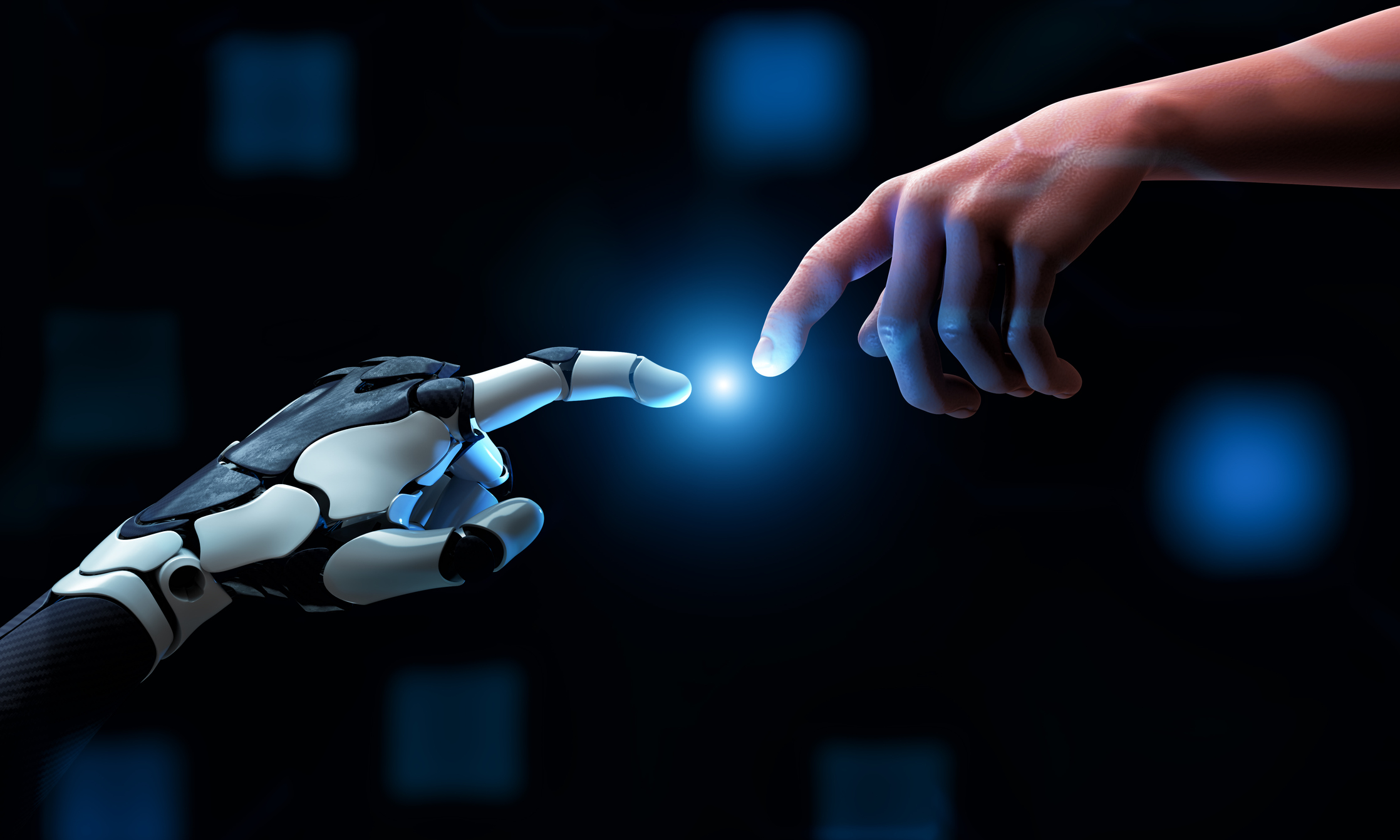Gerhard Erasmus explores why he believes it is unlikely that AI, like the internet will replace teachers and explains why this is not really a new phenomenon. As a teacher trainer, I get asked this question so often that I almost have a memorised formulaic response to it now. ‘Will AI replace teachers or change how we learn languages?’ Those are really two separate questions, but I will mostly be addressing the first part of the question in this blog. For the second question, I will just use one paragraph in the introduction part.
Will AI change how we learn languages? No, it will not. And that is the end of that. But let me explain why. We know, from loads of research, that we learn through comprehensible input, which forms in our subconscious as rules of the language. These rules include phonology, collocation, syntax, morphology, and loads of other elements of language. It is also consistently refined. This process is messy, difficult to measure, and non-linear. These rules are refined through interaction and, in essence, learning through doing. Teachers cannot change the path, but they can accelerate the speed with which learning and/or acquisition takes place. It is irrelevant how much AI or the internet changes, the way in which we learn languages are almost certainly not going to change. So, let’s address that first part. Can AI, if it adheres to second language acquisition theory, replace teachers?

Teachers as babysitters
To be fair to Luis von Ahn (Duolingo CEO), he did say childcare, rather than babysitters. And it caused a massive stir. Numerous teachers commented or posted on social media. Considering how we learn languages, there are many things AI can do better. Spaced repetition, personalised record keeping of learning, providing enough repetition and challenge, and lots more. Can it, however, be certain to provide comprehensible input? Can it engage effectively in negotiating meaning? Can it measure the modified output of a student? And perhaps, it could.
My bigger issue is, I think he is partially right. The childcare (even for adults) element of teaching is often overlooked. Can AI care if I am distracted? Can it ensure I am engaged? Can it support me, or comfort me when my pet or a family member has passed away and I am just not in the mood for class? But if not childcare, will still be needed. It is potentially the most important element of being a teacher. Keeping students focused. Knowing when to stop learning and do some fun activity, or get them moving around a bit, or explore a topic that a student mentioned because everyone’s’ eyes lit up when they heard it. The teacher can be, and must be, in the moment. And I find it very hard to see how AI will replace that.

Are teachers needed for language learning?
The simplest answer is no. And again, we know this from research. Can a learner read themselves from A1 to C1? I wrote about that in relation to exam classes here. The question is not can they? But do they? And in almost 3 decades of teaching, I can think of very few students who read enough that I feel they have read themselves up two or three CEFR levels and absolutely did not need a teacher. The simple reality is, ‘Extensive reading can replace teachers tomorrow if students actually read enough, but the good news is, they don’t. And they won’t.’
The internet
To end this, I am going to refer back to the first time I heard XYZ is going to replace teachers. In the 1990s, it was the internet.
The internet had better information access. AI has better information and content delivery.
The internet provided personalised learning. AI is personalised learning on steroids.
The internet was more cost-effective. AI is more cost-effective and scalable.
Do you see the similarities? Teachers who learned how to utilise the internet succeeded. Those who refused, perhaps didn’t. The same applies now. But the most important aspect remains. Students do not care about your experience, your qualifications, or how many publications you have. The do not care if you are a teacher trainer that is internationally renowned or a beginner teacher. They care only if you care about them. Like really care about them. And that, AI can never do.

Looking forward
I use Duolingo. But Duolingo doesn’t know if I am talking to my wife while doing something on Duo. It doesn’t know if I am happy or sad. It doesn’t know if my children or someone at worked annoyed me. It doesn’t know if I am wearing slippers because I hurt my foot. It only knows how many times you have been exposed to a word and how many times you have gotten it right or wrong. If you don’t want to be replaced by AI, then don’t try to be better at the things AI is significantly better than you at. Do what AI cannot do. Care. Really care. And that in terms of motivation, self-belief, and overall success far exceeds what AI can ever do.




